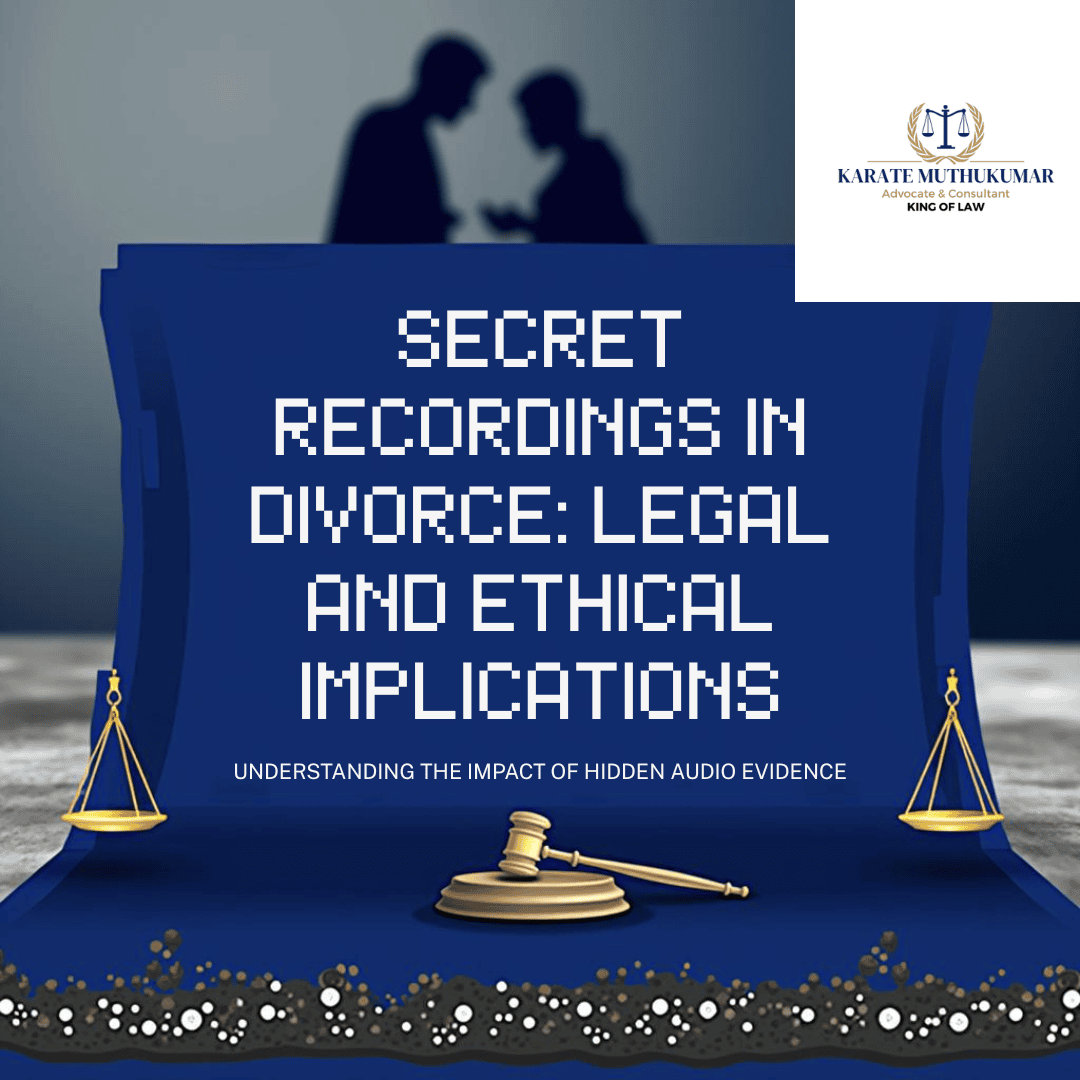1. What the Supreme Court Decided
On July 14, 2025 , the Supreme Court of India ruled that secretly recorded phone calls between spouses can be used as evidence in divorce and cruelty cases. This decision overturns an earlier ruling by the Punjab & Haryana High Court, which had said such recordings violated privacy and were inadmissible

2. Why Is It Allowed?
- The Court emphasized that privacy isn't absolute when someone is trying to prove something in court—especially in divorce cases
- Importantly, the Court noted: recording the call secretly doesn't break privacy in court—it just shows the marriage was already broken
3. What the Court Said About Trust
Justice Nagarathna and Justice Sharma pointed out:
“If the marriage has reached a stage where spouses are actively snooping on each other, that is in itself a symptom of a broken relationship and denotes a lack of trust between them.”
In simple language: secret recordings often mean trust is already shattered—not that courts are encouraging spying.
4. What Rules Apply to These Recordings?
A secretly recorded call must pass these three checks before it can be used:
- Relevance – Is it important to proving divorce or cruelty?
- Identification – Is the voice clearly identifiable?
- Accuracy – Is the recording unedited and trustworthy?
5. Why This Matters for Couples
- 👍 Pros: If a recording shows cruelty, abuse, or manipulation, it can help prove your case.
- 👎 Cons: It also shows the marriage is already in trouble—courts will see that too.
6. Bottom Line
- Privacy is respected, but not absolute. If evidence helps with a fair trial, it’s allowed—even if gathered secretly.
- The Court isn’t encouraging spying—it’s simply acknowledging that such recordings signal a marriage that’s already broken.
💡 Reflect & Discuss
- Would you record a spouse if you believed it proved emotional cruelty?
- Are secretly recorded calls proof of abuse—or proof that privacy has been violated?
- How do you balance the need for evidence with respect for personal boundaries?

